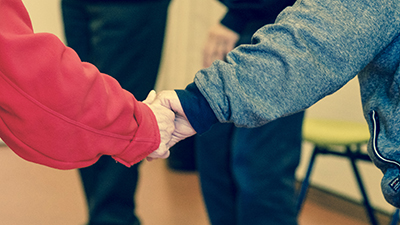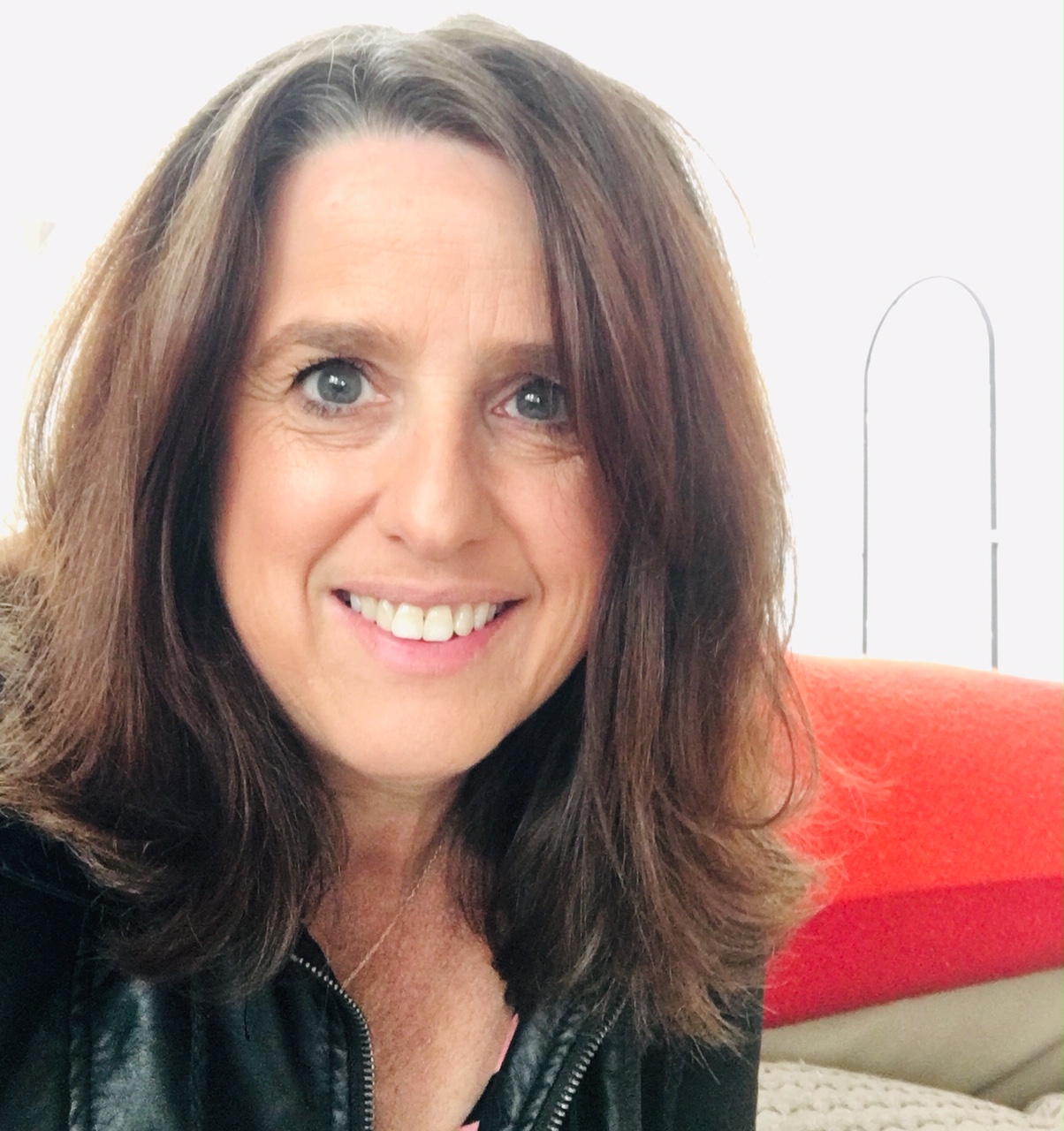 Reaching for Connection at the Holidays (and Beyond) Reaching for Connection at the Holidays (and Beyond)
"Over the River and Through the Woods...
Alone or Together?"
© 2017, by Linda J. Engelman, Licensed MFT
You may print & distribute this article as long as the author's byline and copyright are included.
With the holiday season upon us, there are so many wonderful possibilities for connection and bonding. Yet, the holidays can also be a time when we feel distance and anxiety.
Take a moment to reflect:
- To whom do you turn for comfort and support at this time of year?
- In what ways do you get disappointed around the holidays?
- Which family members do you lean into, and which do you pull away from?
- What childhood memories do you try to recreate, or to distance from?
- Are there obstacles that prevent you from spending the next few weeks the way you would hope?
Now, as you reflect on these questions, ask yourself: “How do I talk about these issues with my partner, or my family members? How do I explore vulnerability – and if I do, does that leave me feeling too weak or needy?”
Despite our differences and diversity, and despite the generations of familial dynamics we each bring to relationships – we are all very much alike in the ways that we “need” and in the ways we “ASK” (or do not ask) for what we need.
 REACH vs. PUSH REACH vs. PUSH
Take, for instance, the MISTAKE many of us make between “The Reach” and “The Push.”
Let’s look at an example.
 In the following scenario, Cara and Sam are pulling down the holiday decorations from the top of the closet. Sam’s plan is to drop the boxes in the living room, and then return to his football game, leaving the decorating to Cara and the kids. Cara has different expectations. Every year, she asks Sam to join her and the kids, but historically, that has led to disappointment and futile arguments that spiral them into days of loneliness. In the following scenario, Cara and Sam are pulling down the holiday decorations from the top of the closet. Sam’s plan is to drop the boxes in the living room, and then return to his football game, leaving the decorating to Cara and the kids. Cara has different expectations. Every year, she asks Sam to join her and the kids, but historically, that has led to disappointment and futile arguments that spiral them into days of loneliness.
Here’s how Cara approaches Sam. We’ll call this THE PUSH.
Cara: Every year, I tell you how important this is to me…and every year, it’s the same thing: you aren’t there for me. Maybe you can just go and enjoy the holiday with your television, since that’s what seems to be important to you.
What Cara Means: I feel alone, I need you with me, I’m starting to feel desperate so I need to get louder and more pushy so that maybe you’ll hear me
What Sam Hears: I can never get it right for you; you resent me; you just like to find something wrong or negative with every situation
If you were to suggest to Cara that she isn't REACHING, she may be confused. She'll tell you: "I've done that. I’ve told him! Year after year, I’ve told him!” But what Cara is unaware of is that every time she has told him, it’s been with anger, criticism, frustration, desperation.
With the help of therapy, Cara learns to do THE REACH instead of THE PUSH, and here’s how she changes it up so that Sam will be more likely to be responsive:
Cara: I'm feeling kind of lonely doing this myself. (She reaches for him, and hugs him) I think I need you. Doing it together makes me feel close to you, more connected. How about if we decorate together this year, and then snuggle up next to the fire afterwards?
What Cara Means: I allow myself to need you without feeling weak. I’m vulnerable and I trust you to catch me here.
What Sam Hears: An invitation into something loving and good. A way that he can be there for his wife.
 Another couple, Barry and Julie, are invited to his family’s house for a holiday meal. Julie usually doesn’t attend because she doesn’t like some members of his family, and prefers not to be around them. Barry and Julie argued about this year after year, but over time, gave up, and each did their own thing, leaving them both feeling lonely and disconnected. Another couple, Barry and Julie, are invited to his family’s house for a holiday meal. Julie usually doesn’t attend because she doesn’t like some members of his family, and prefers not to be around them. Barry and Julie argued about this year after year, but over time, gave up, and each did their own thing, leaving them both feeling lonely and disconnected.
Barry is a man of few words, and the only way that he has ever been able to express himself about this is with “THE PUSH.” It sounds something like this:
Barry: I guess I’m going to just go by myself. You’ve made it clear that you don’t plan to ever join me.
What Barry Means: I need you, but I’m giving up hope of that being possible; you don’t seem to need me in the ways I need you; I can’t be vulnerable about this, or you’ll reject me
What Julie Hears: Here we go again; you’re resenting me again; you’re demanding that I be around people I don’t like
Barry works hard to overcome his belief that being vulnerable is a bad and weak thing. He takes a big risk and tells Julie:
Barry: I know that going to my parents’ house isn’t exactly your thing. But I so much need you there. When I reach over, I want your hand to be close by…I want to hold you, and know that we’re there together…that we’re family. I want you by my side.
What Barry Means: I need you and I let myself be needy without feeling guilt or shame. I adore you, and having you next to me feels so good.
What Julie Hears: An invitation into something loving and good; it’s not about being with his family – it’s about being with HIM, and the closeness he feels when he reaches over and my hand is available
 A third couple, Kaylee and Jim, are going to his company holiday party. In the past, they have fought afterwards because Kaylee has some social anxiety and often feels abandoned by Jim as he socializes with colleagues, leaving her to fend for herself. A third couple, Kaylee and Jim, are going to his company holiday party. In the past, they have fought afterwards because Kaylee has some social anxiety and often feels abandoned by Jim as he socializes with colleagues, leaving her to fend for herself.
If Kaylee uses the “PUSH” tactic, it will go something like this:
Kaylee: I hope this isn’t going to be like the last time, when you left me all alone, and spent the whole time talking sports with Bret and Kevin. Don’t expect me to have a smile on my face if do that to me again this year. Could you, for once, care about me, and at least notice that I’m there too?
What Kaylee Means: I’m anxious and scared, and feel somewhat ashamed of it; I don’t expect that you’ll be there for me, and that hurts.
What Jim Hears: You’re always angry with me about one thing or another; You don’t like it that I have other people that are important to me besides you; You’re always making me responsible for your own problem.
When Kaylee learns to be more vulnerable, she stops feeling shame around her need for connection. Instead, she is able to lovingly ask for what she needs, and ensure that Jim can be more responsive to her. The “REACH” sounds more like this:
Kaylee: At the party tonight, would it be okay if I come and find you to take your hand here and there? Or maybe we can make eye contact across the room. You know how I get at parties. I get anxious, and lonely for you. It somehow makes me feel more connected with you when I know you’re looking out for me. (She looks at Jim with love in her eyes, and he knows that she counts on him).
What Kaylee Means: I sometimes get anxious; I feel comfortable being vulnerable with you, and letting you help me, without having to feel weak or ashamed. I know you're there for me.
What Jim Hears: An invitation in something good and loving; empowered to be able to help.
The shift from “PUSH” to “REACH” is NOT about “talking nicely” or being more positive. It’s about acknowledging your need to feel emotionally attached and bonded with another. It’s about honoring that place in yourself that feels needy or lonely or desirous, or craving. It’s about daring to be authentic and courageous, to make requests from a place of love and need. It’s about turning demands and criticism into loving invitations. By doing so, you send the message that your partner, or family member, is capable and empowered to help you. And the chances of your needs being met increase exponentially.
To “REACH” is to fuel connection. So lean in. REACH. And may your New Year be full with love.
CALL for a confidential consultation: 925.295.1036
 LINDA J. ENGELMAN
Licensed Marriage & Family Therapist, MFC#46255
linda_engelman@bayarea-therapist.com
Psychotherapy and Counseling Services for Individuals, Couples, & Families
Office Located in San Ramon, California
(Contra Costa County, San Francisco, East Bay Area)
925.295.1036
Relationship Counseling | Individual Therapy |
How I Work With My Clients | Training/Education | Fees | Articles
Copyright ©2016
|

